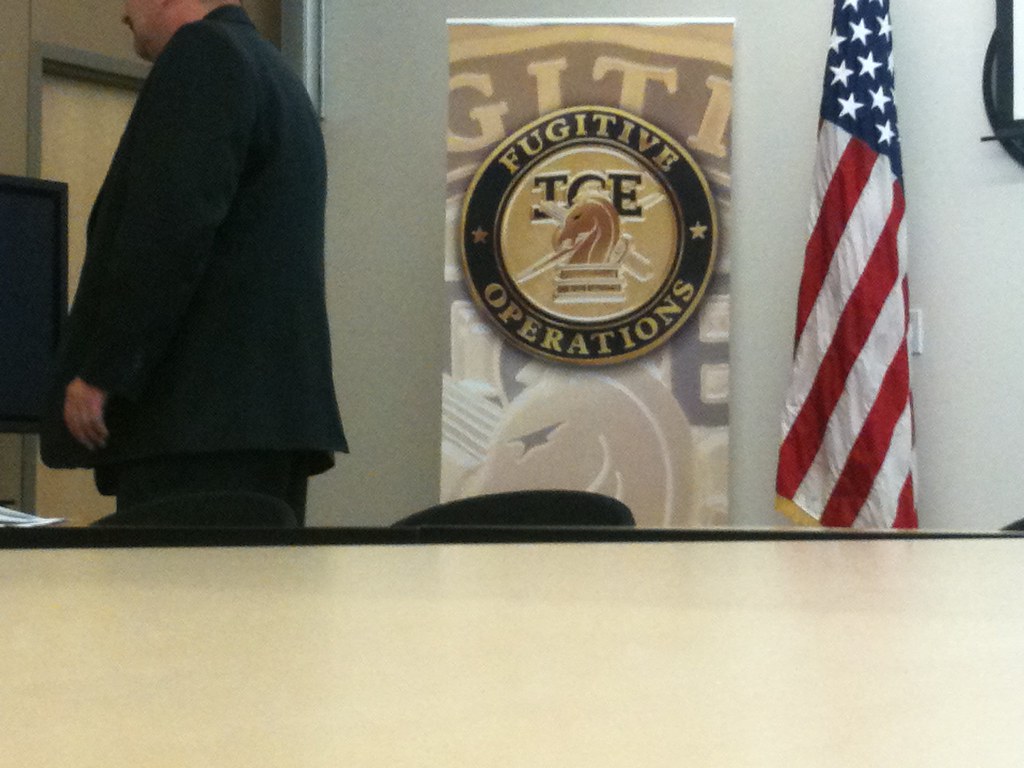Key takeaways
- Over 100 children now face the separation crisis after ICE raids.
- Kids are left alone when parents get detained at work, home, or school.
- ICE claims it offers guardian plans but often misses critical steps.
- New laws aim to let parents name caregivers before ICE action.
- Advocates warn that aggressive arrest quotas fuel the separation crisis.
In recent months, more than 100 children have become victims of a harsh separation crisis. When ICE agents raid homes, workplaces, or school drop-offs, parents can vanish without warning. As a result, their kids suddenly have to care for themselves. This growing separation crisis has shocked communities and pushed lawmakers to act.
How ICE Raids Spark a Separation Crisis
First, ICE agents arrive without notice. They search homes, offices, and even school zones. Then, they arrest parents and hold them in detention. Often, these moms and dads face immediate deportation. Meanwhile, their children stand alone and confused.
Many of these kids are U.S. citizens. Yet, they fall outside ICE’s tracking system. As a result, no one checks on their well-being. Guardianship plans meant to protect children frequently fail. Parents get little time to name someone to care for their kids. In some cases, ICE agents don’t even inform families about those options.
Moreover, under new policies, ICE enforces strict daily arrest quotas. The administration seeks to detain up to 3,000 migrants each day. This aggressive target pushes agents to sweep up people with no criminal records or long-standing community ties. Consequently, more families face abrupt separation.
The Human Cost for Children
Left without parents, children face a host of problems. Many miss school and lose daily routines. Some struggle to find food and shelter on their own. Others turn to neighbors or distant relatives for help. Still, these helpers may lack resources or legal permission to care for them.
Psychological harm also runs deep. Children report feeling scared, abandoned, and helpless. They worry about their parents’ safety and fear deportation could mean they never reunite. As stress builds, many exhibit anxiety, sleep issues, and trouble focusing in class.
Even basic matters like medical care become challenging. Without a legal guardian or clear paperwork, hospitals and clinics may refuse to treat them. As a result, kids with serious illnesses or injuries risk delayed or incomplete care. The separation crisis thus strikes at their health and future.
ICE Response and Critics
ICE insists it tries to prevent the separation crisis. A spokesperson claims agents “go out of their way” to let parents designate guardians before detention. The agency also says it offers parents the choice to bring their children along to detention facilities.
However, independent reports tell a different story. Investigators find many parents receive no clear instructions. Some are too shaken or rushed to complete guardian forms. Others say agents discouraged them from naming caregivers.
Critics argue that ICE has abandoned any sense of mercy. They say past “humane enforcement” policies once guided agent discretion. Now, high arrest quotas push officers to ignore checks and balances.
Heidi Altman, vice president of policy at a major legal center, warns that “the checks and balances that used to exist are gone.” Meanwhile, tragic deaths during chaotic raids highlight the crisis’s deadly side.
New Laws Try to End the Separation Crisis
In response, several states are moving to protect families. One bill in California would require clear, written notice for parents facing ICE action. It would also let parents assign trusted adults to care for their children. This way, kids avoid long stays in foster care or unregulated settings.
Democratic Assemblywoman Celeste Rodriguez supports the plan. She says the bill creates “a safety net” for vulnerable kids. Moreover, it forces authorities to prove they offered parents guardian options before any detention or deportation.
On a federal level, lawmakers are drafting similar measures. These would require ICE to document each step of the guardianship process. They would also expand funding for child welfare agencies that handle cases of separated families.
Advocates hope these new rules will curb the worst effects of the separation crisis. They believe clearer procedures and stronger oversight can keep families together or at least protect children left behind.
Moving Forward
As the debate continues, communities and lawmakers face tough choices. They must balance border security with compassion for families. Yet, ending the separation crisis will require more than good intentions. It needs clear rules, reliable oversight, and accountability for every ICE raid.
Only then can children sleep without fear. Only then can parents plan for their kids, even in the face of deportation. And only then can the separation crisis truly end.
FAQs
What protections exist for children when ICE detains a parent?
Children who are U.S. citizens are not tracked by ICE. However, some states now require written notice and guardian assignments before any parent’s detention.
How many children are affected by this separation crisis?
Recent reports show over one hundred children facing sudden separation after ICE raids, though numbers may grow as policies continue.
What steps can parents take if ICE arrives at their home?
Parents should ask agents for guardian forms right away. They should also keep trusted contacts and legal aid numbers ready in advance.
How might new laws change the situation for separated families?
Pending legislation aims to enforce clear procedures. It would ensure parents receive proper notice and can legally designate caregivers before any deportation action.
